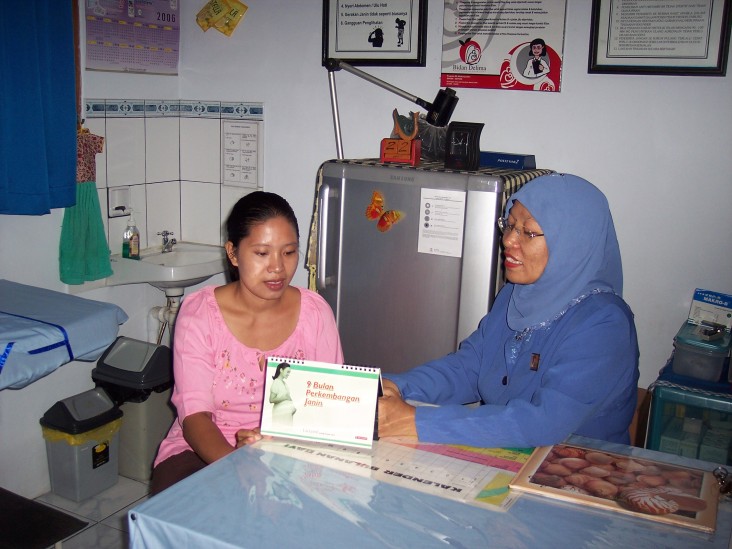
In the 1960s, Indonesian women routinely had six children, at least two of whom would die before reaching school age. Realizing that preventing rapid population growth was important to both Indonesia’s future and to its families’ wellbeing, the Indonesian government launched a national family planning program in 1967, with technical and financial assistance from USAID.
The program strongly emphasizes having participants think strategically about whether and when to have children. The program’s focus on community participation has helped strengthen perceptions that smaller families are acceptable and even desirable. The program’s impact has been far-reaching, empowering women, making small and healthy families a normal and popular phenomenon, decreasing maternal and child mortality, and promoting national economic development. The country’s fertility rate is now 2.6 children per couple, and more than 60 percent of married couples practice birth spacing.
The Indonesia program overseen by the National Family Planning Coordinating Board and the Ministry of Health has been so successful that the country “graduated” from USAID population assistance funding in September 2006.
By allowing women and families to make important decisions about their future and providing them access to advice and services, Indonesia’s family planning program empowers Indonesians to take more control of their lives.







Comment
Make a general inquiry or suggest an improvement.